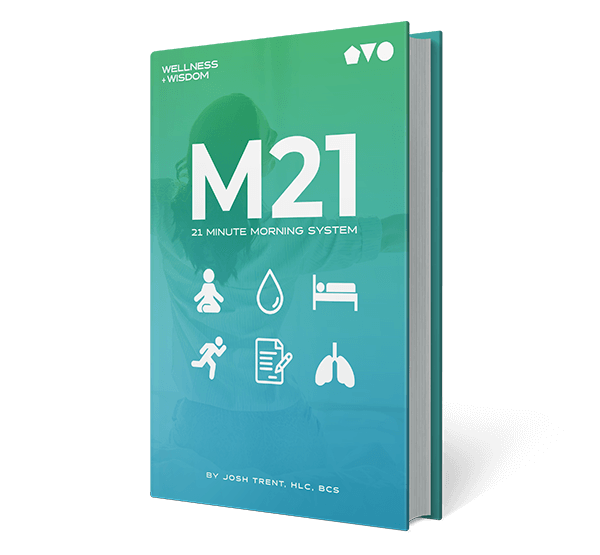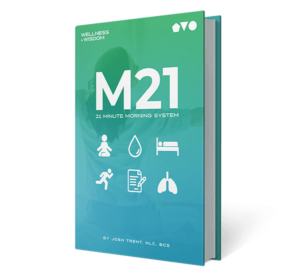 Becoming a Registered Nurse (RN) is a rewarding yet challenging journey that demands a great deal of dedication and perseverance. Nursing school is rigorous, with a curriculum designed to test both your academic and emotional resilience. Aspiring RNs must navigate a dense landscape of coursework, clinical rotations, and examinations. However, with the right strategies and mindset, you can excel in your studies and prepare effectively for a successful career in nursing. This article offers practical tips to help you navigate the complexities of nursing school and emerge as a qualified and confident nurse.
Becoming a Registered Nurse (RN) is a rewarding yet challenging journey that demands a great deal of dedication and perseverance. Nursing school is rigorous, with a curriculum designed to test both your academic and emotional resilience. Aspiring RNs must navigate a dense landscape of coursework, clinical rotations, and examinations. However, with the right strategies and mindset, you can excel in your studies and prepare effectively for a successful career in nursing. This article offers practical tips to help you navigate the complexities of nursing school and emerge as a qualified and confident nurse.
Table of Contents
1. Understand the Commitment
Embarking on a nursing program requires a significant commitment of both time and energy. It's crucial to understand the level of dedication needed before you begin. Nursing school is not just about attending classes; it involves extensive studying, hands-on practice, and often, long hours of clinical rotations. Prepare to prioritize your education during this time, as maintaining a balance between school responsibilities and personal life can be demanding. Recognize that this intense period is temporary and crucial for building your capabilities as a nurse.
2. Explore Educational Paths
There are several educational paths you can take to become an RN, each with its own set of advantages. An Associate Degree in Nursing (ADN) is the quickest route, typically taking two years, while a Bachelor of Science in Nursing (BSN) generally requires four years but offers a broader scope of training and better job prospects. For those already holding an RN license through an ADN, pursuing RN to BSN programs can be an excellent way to enhance your qualifications and potentially open up more advanced career opportunities. These programs are designed to build on your existing knowledge and skills, often offering flexible schedules that can accommodate working nurses.
3. Develop Strong Study Habits
Success in nursing school heavily relies on your ability to study effectively. Develop strong study habits early on. Organize your study schedule to allow ample time for reading, assignments, and review. Active learning strategies, such as explaining concepts aloud or teaching them to someone else, can enhance retention. Participate in study groups as they can provide support, expose you to different learning styles, and clarify challenging material. Additionally, make use of every resource, from flashcards to mnemonic devices, to ensure a deep understanding of complex medical terms and procedures.
4. Utilize Resources
Make the most of every resource your school offers. Visit your school’s learning center, utilize academic advising, attend tutoring sessions, and participate in workshops that are often available to students. Online forums and platforms can also provide valuable insights and resources that can help with your studies. Libraries and online databases are crucial for researching papers and projects, while simulation labs offer a safe environment to practice clinical skills. Don’t hesitate to seek help when you need it; these resources are in place to support your learning and success.
5. Build Relationships with Instructors
Your instructors are key resources in your nursing education. They possess a wealth of experience and knowledge and can offer essential guidance and support. Make an effort to attend office hours, ask questions in and out of class, and seek feedback on your performance. Building a rapport with your instructors can also open doors to research opportunities, recommendations, and valuable career advice. These relationships can be instrumental in your academic and professional growth, providing you with a network of professionals who understand your strengths and areas for improvement.
6. Engage in Clinical Rotations
Clinical rotations are a cornerstone of nursing education, providing invaluable real-world experience. Engage actively in these opportunities; they allow you to apply theoretical knowledge in practical settings under the supervision of experienced nurses and doctors. Approach each rotation with enthusiasm and a willingness to learn. Ask questions, observe procedures, and volunteer for tasks to gain as much exposure as possible. Treat each rotation as a job interview; professionalism and proactive participation can lead to references or job offers post-graduation. Reflect on each experience to identify areas where you excel and aspects you need to improve.
7. Care for Your Mental Health
Nursing school can be mentally and emotionally taxing. Prioritize your mental health by establishing a routine that includes regular physical activity, adequate sleep, and healthy eating. Recognize the signs of burnout and stress, and do not hesitate to seek help from mental health professionals when needed. Many schools offer counseling services specifically designed for students. Maintaining mental well-being is essential, as it directly impacts your ability to learn effectively and provide care for others.
8. Join Professional Organizations
Participation in professional nursing organizations can significantly enhance your educational and career trajectory. These organizations offer networking opportunities, professional development resources, and access to industry insights and trends. They often provide student members with scholarships, mentorship programs, and attendance at conferences. Early involvement in groups like the American Nurses Association or the National Student Nurses' Association can set the foundation for professional growth and establish a network of peers and mentors who can support your career development.
9. Prepare for the NCLEX
Passing the National Council Licensure Examination (NCLEX) is essential for your career as an RN. Begin preparing for the NCLEX well before your graduation. Integrate NCLEX-style questions into your study sessions to familiarize yourself with the format and types of questions asked. Invest in a comprehensive review course and regularly take practice exams to assess your knowledge and identify areas needing improvement. Time management during the exam is crucial, so practicing under timed conditions can help enhance your test-taking strategies.
10. Plan Your Nursing Career Early
Start thinking about your nursing career early in your education. Consider what specialties might interest you, and seek out clinical rotations or internships in those areas. Research potential employers and the qualifications they seek in new hires. Networking with professionals in your desired field can provide insight and advice that is crucial for early career planning. Setting clear goals and working towards them throughout your education will help you enter the nursing field as a well-prepared professional with a clear direction.
Conclusion
Successfully navigating nursing school and preparing for a career as an RN requires a balanced approach to education, practical experience, and personal care. By engaging deeply in clinical rotations, caring for your mental health, joining professional organizations, preparing rigorously for the NCLEX, and planning your career from an early stage, you can build a solid foundation for a rewarding nursing career. Remember, the effort you put into your nursing education will shape your future in the healthcare industry, equipping you with the skills and knowledge to excel as a compassionate and competent nurse.









